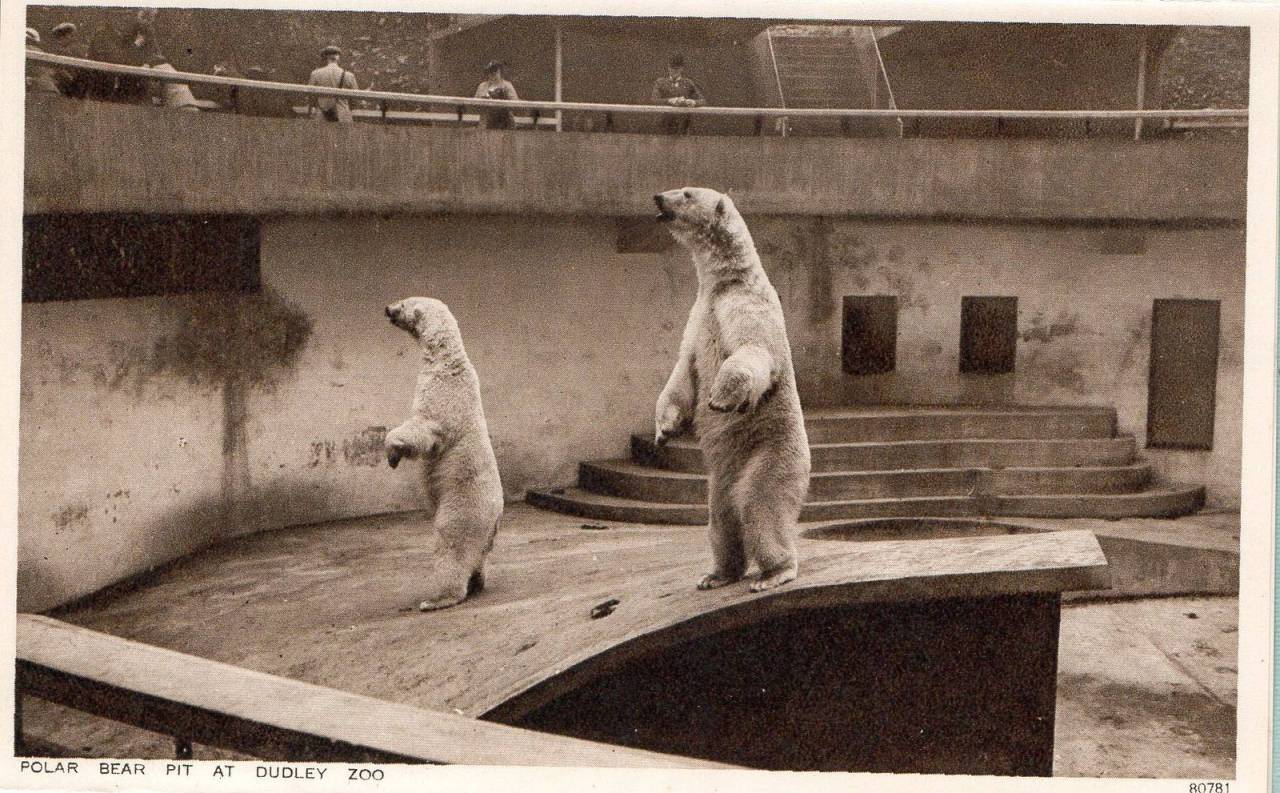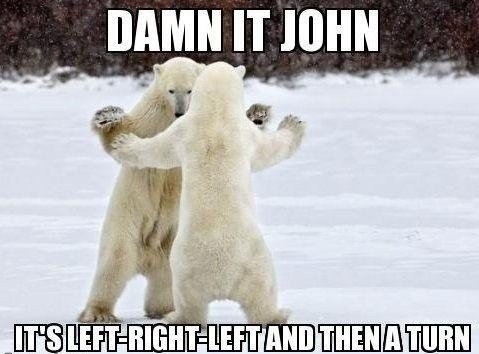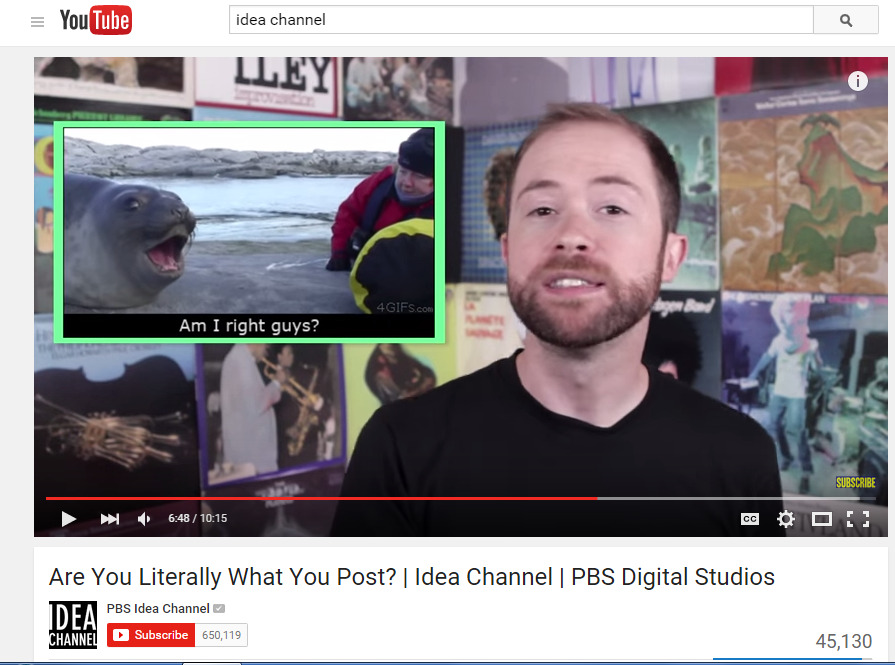The Bible II
Genesis II
Chapter
1
After
Revelations there was God, Jesus, and the Holy Spirit. Heaven was crowded, and
nobody would stop singing.
“We’re
going to do this again.”
“Dad,
no.”
“I
can do better this time. This time I’m not going screw up. Holy Spirit, your
thoughts?”
“…”
Chapter
2
And
so God created the universe from a vast explosion. Before this there was
nothing – neither time nor space. But with this explosion there was time and
space, which, it turns out, are the same thing. And His law became the law of
the universe, and it really wasn’t that metaphorical. And these laws he dubbed
gravity, strong, weak, and electromagnetic.
In
the first three minutes, hydrogen and helium protons formed, the base elements
which comprise 98% of the universe. But it would take another 377,000 years for
them to form actual atoms.
Chapter
3
Around
560 million years after the Big Bang, or more than 13 billion years ago (as of
the writing of this text in 2015, which, incidentally, is written by humans,
inspired by God, but, to clarify, is subject to change not due to fallibility
but due to limited human understanding of the cosmos at this unique juncture in
cosmic time) the stars formed.
Chapter
4
“Why
are you writing a science textbook of the early universe?”
“Well
you have to start with Genesis…”
“I’m
with Jesus on this. The humans will need to figure out science on their own.
They can’t just be told ‘and then there were atoms.’ It doesn’t have any
meaning.”
“Well
metaphor is what screwed up everything last time, coupled with a lack of
understanding of scientific cause and effect.”
“Just
trim it down to the basics.”
Chapter
5
Everything
exploded into being. A very long time ago. Because God said so.
Chapter
6
One
of the things that came about from the explosion was stars and planets. On
God’s favorite planet, the conditions were perfect for life, for God wanted it
to be that way. And then, in Africa, people showed up.
Chapter
7
“Showed
up?”
“You
said to simplify! So here I AM. Simplifying. Gonna skip all the evolution
stuff.”
“You
can do better, Dad.”
<*omniscient
sigh*>
Chapter
7
And
God first created life in the form of the unseeable,
Chapter
8
“Unseeable?
You’re making up words!”
“That’s
My right.’”
Chapter
9
and
the small forms grew and combined and copied and transformed and became
complex, and beautiful. And life spread across the planet, from barren desert
to desolate waste, from forest and dale to the deepest sea. And, after billions
of years, one animal life came to be God’s favorite, and this was Man.
Chapter
10
“No.”
“No.”
“What?”
Chapter
11
And, after
billions of years, one animal life came to be God’s favorite, and this was Man.
Humanity.
Because,
to make this very clear from the start, men and women are equals. And they
formed tribes and slowly, originating in Africa 200,000 years ago, began to
move across the land, to all places that would support their life.
Also
there was evil.
Chapter
12
“I
don’t know if you’re taking this seriously.”
“Well,
I certainly didn’t want to write this thing by committee! It was easier before
when it was just me.”
“Technically
it still is.”
“Shut
up.”
Chapter
13
Fine.
So humans did stuff God didn’t like, and they needed to stop that. Like killing
each other for no reason. Harming each other. Acting, basically, like animals.
The whole reason God loves you humans better than anyone is for your reason.
That’s what makes you special and you should really be able to figure out that
line of reasoning.
Chapter
14
“Subtle.”
“I’m
not so sure…”
Chapter
15
As
they left Africa humans encountered other kinds of humans, like Neanderthals.
And they learned from them, slept with them, and killed them. Killed them dead.
Also: hobbits in Indonesia!
In
certain parts of the world the climate and soil was great for farming, and
there were animals to be domesticated and really, the humans who ended up in
those places basically got a huge leg-up. Sorry to the rest of y’all. ‘Cause
they are going to come to where you live and screw you over badly.
Chapter
16
“Listen,
we’re trying to avoid the mistakes of last time, right?”
“Yeah.”
“So
let’s make sure they’re all equally capable of surviving and don’t go tribal
and kill each other when they meet new people.”
“Guys
– I can’t. That would mean getting rid of their free will.”
“Like
Jesus said – we’re trying to avoid mistakes this time.”
“I
can’t get rid of free will! What’s the point? They won’t make bad decisions any
more!”
“Right.”
“They
won’t be punished!”
“Good.”
“There
won’t be any sin!”
“And…?”
“…And
you guys just don’t get the point of this. The point of Earth and humans isn’t
to watch it tick away like a clock always knowing the next motion. It’s to be
surprised by what they’re going to do next! They’ll come up with bizarre ideas
and crazy theories, insanely brilliant inventions that have no practical
function and artistic masterpieces! They’ll treat each other horrifically and
sublimely. Watching it play out is the whole point.”
“Then
why do you punish them?”
“To
control the experiment! The parameters by which the efficacy is judged.”
“Dad…
How many more times are you going to do this?
“As
many as it takes.”
“…”
“Let’s
put the book away for a while, okay? Maybe pick up with Exodus next time.”


